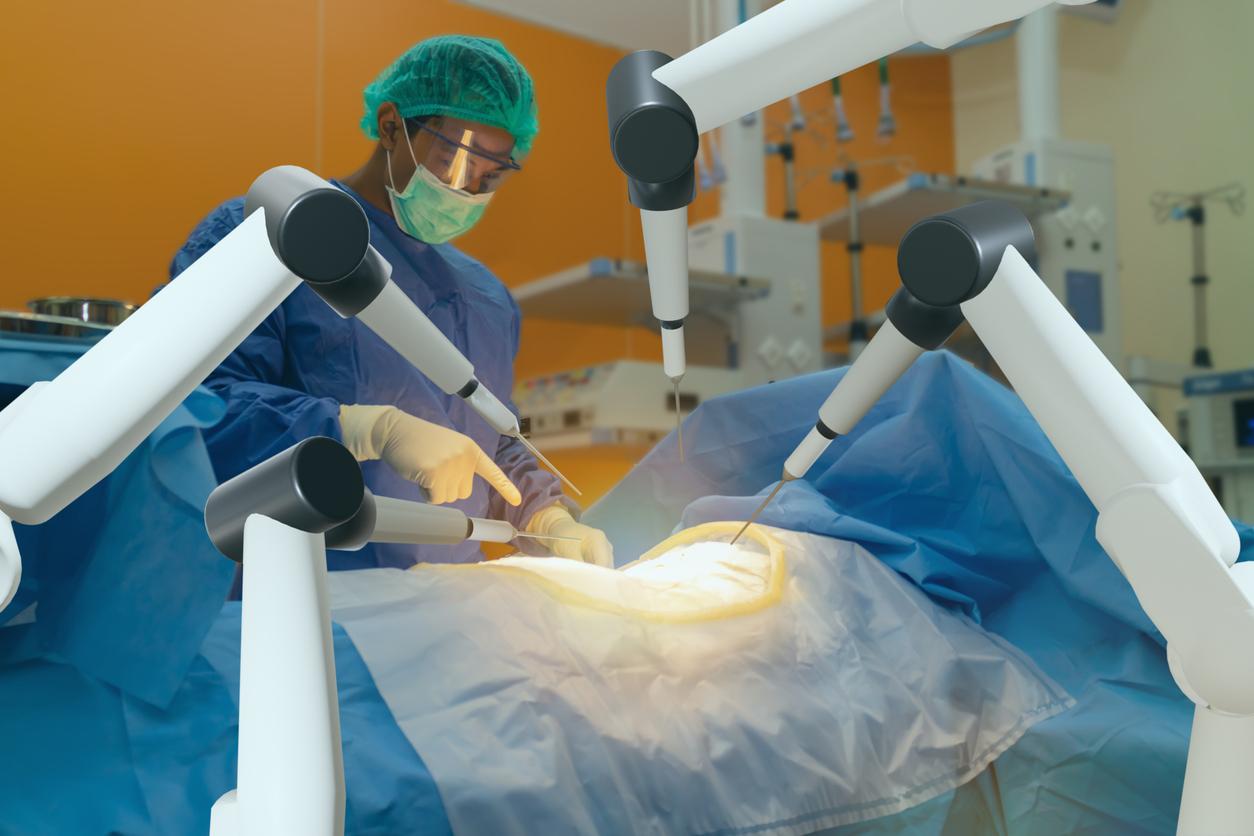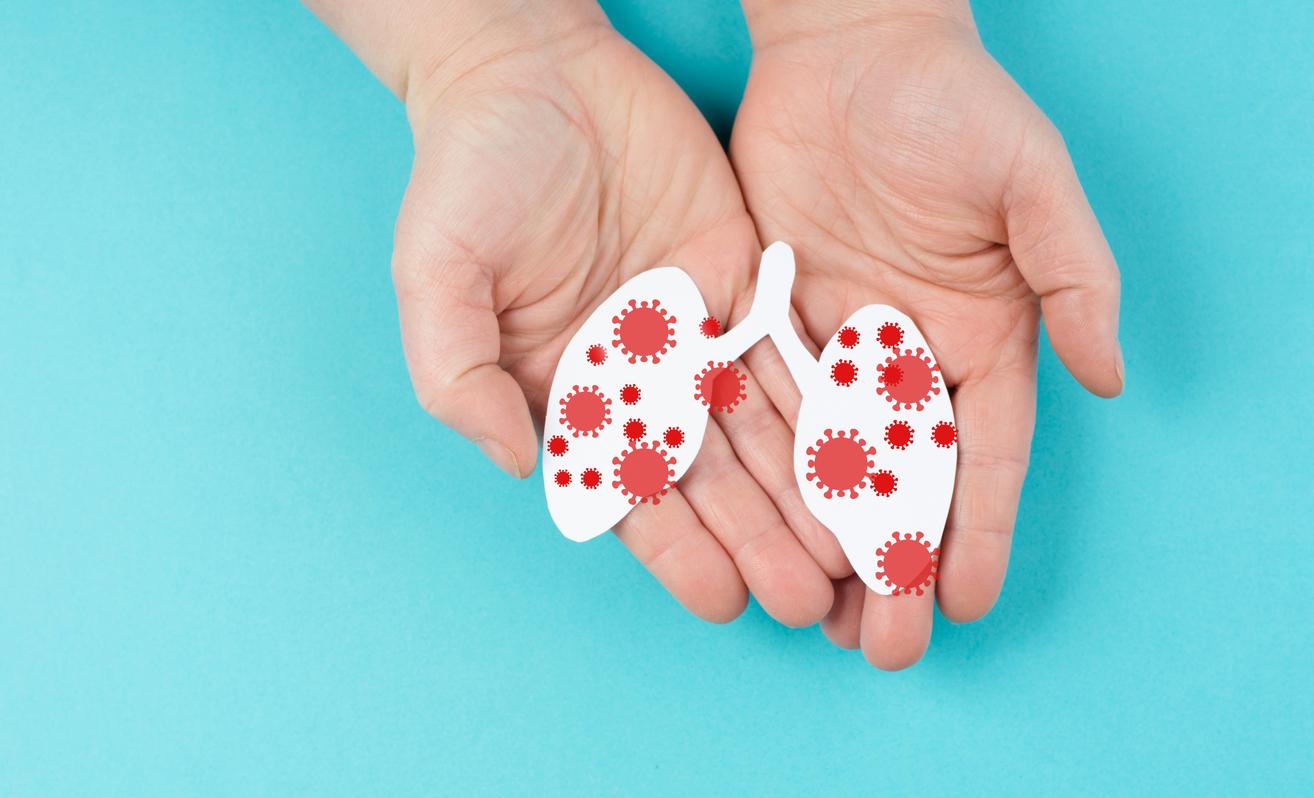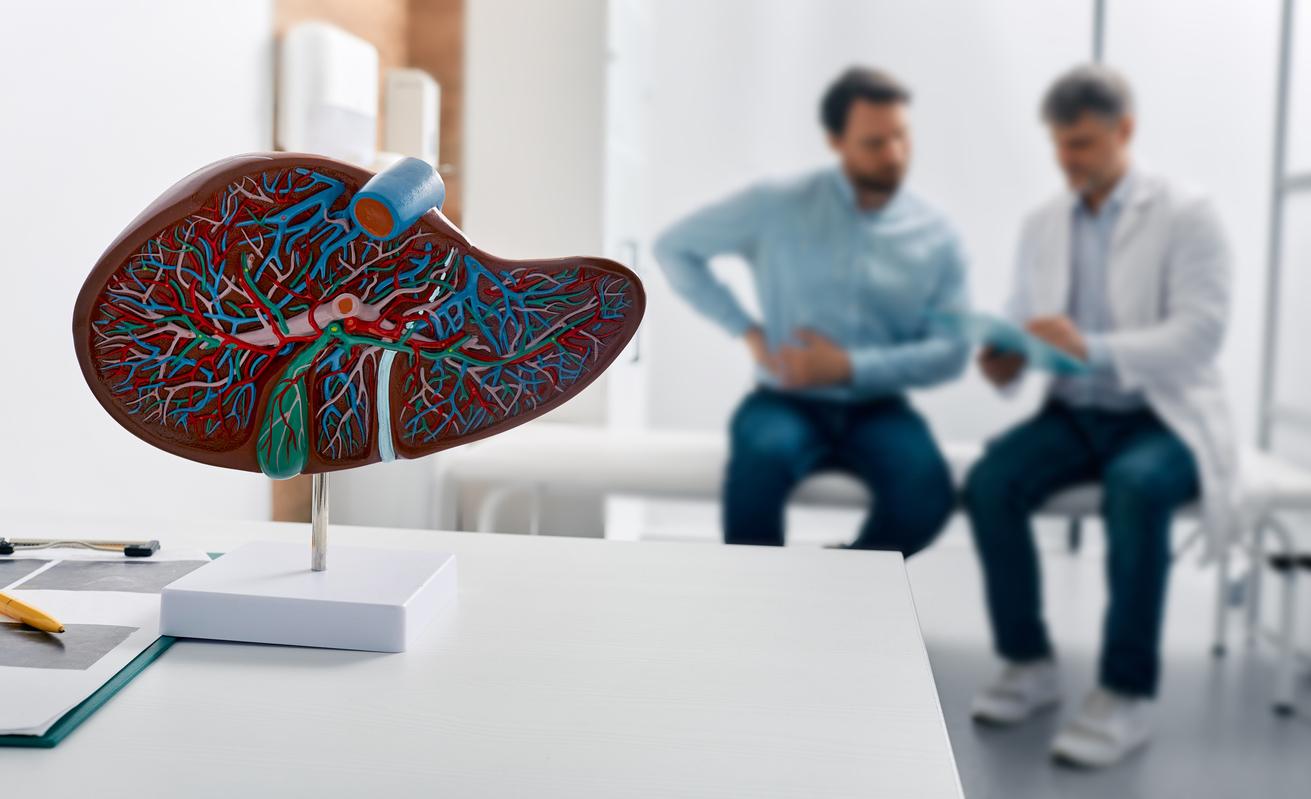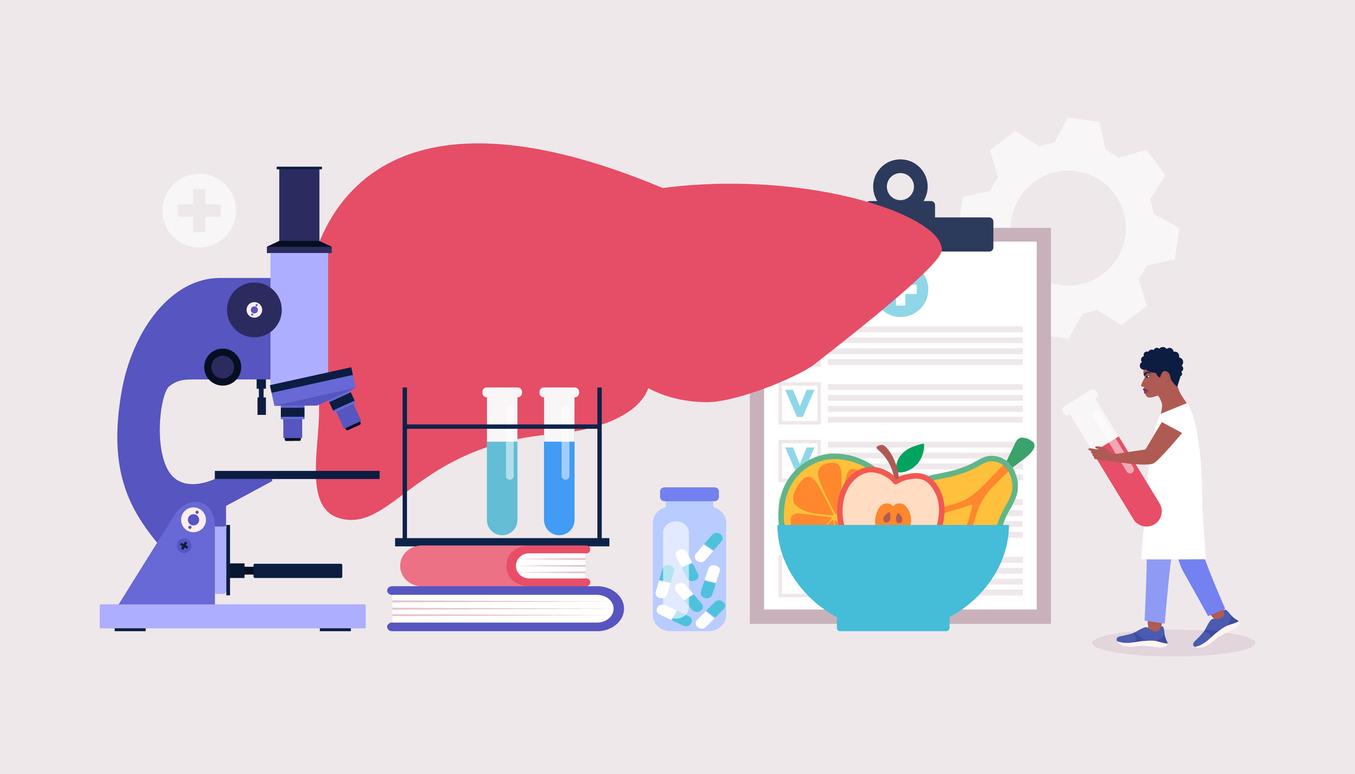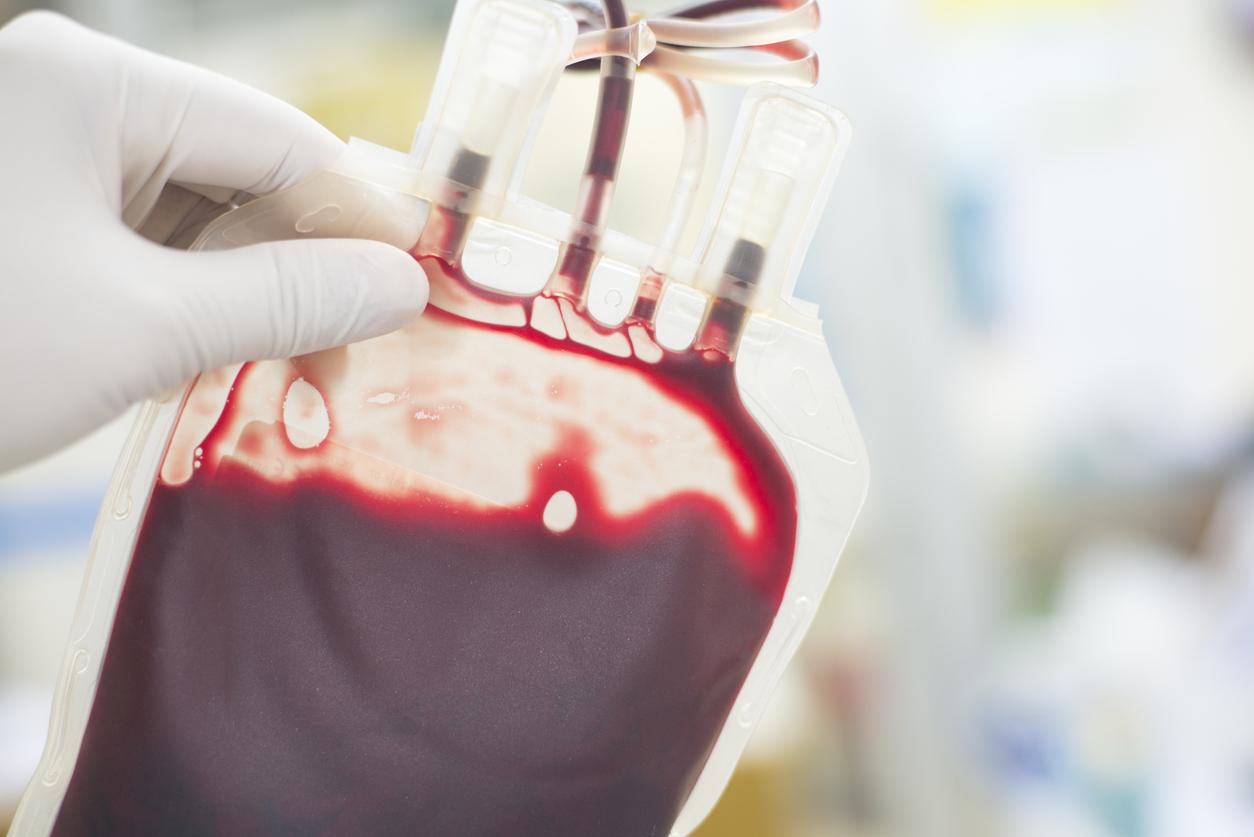Faced with the growing demand for human transplants and the insufficient number of donors, scientists are turning to other methods to overcome this shortage. This is particularly the case of those researchers who are experimenting with liver transplants using porcine stem cells.
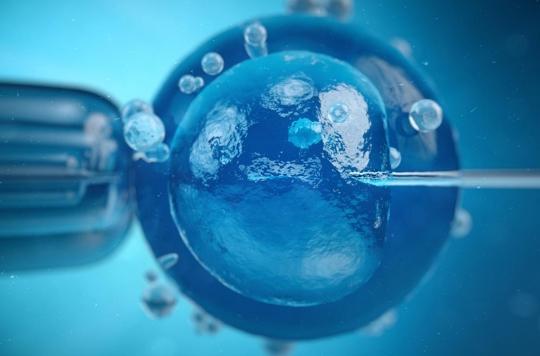
- By injecting pig stem cells into embryos, researchers hope to soon develop vital organs that can be transplanted into humans, such as the liver.
This method, called human transplantable organ culture, is described in the journal Stem Cell Reports and developed by American researchers from the University of Maryland (UMD). It involves injecting pig stem cells into embryos, which could help develop a vital organ that can be transplanted into humans, such as the liver.
This study represents a first step towards the culture of fully transplantable human organs in pigs. “This paper sets the stage for all our future research. We couldn’t really start working with humans, so we started with pig-to-pig transfer by working with the stem cells and transplanting them into other pigs. , in order to follow the evolution and to ensure the safety of the process”explain the authors of the study.
Similar research on rodents in Japan
One of the study’s corresponding authors, Bhanu Telugu and a veterinarian by training, founded the start-up Renovate Biosciences Inc, which aims to harness the potential of stem cells to treat life-threatening diseases either by completely avoiding the need for transplants, or by creating a new channel through the culture of transplantable human organs.
If the method described proves conclusive with liver transplants, scientists plan to extend it to other vital organs such as the pancreas and the lungs.
The culture of transplantable human organs in animal embryos is being tested elsewhere in the world, notably in Japan. Since August 2019, the government of this Asian country has authorized the cultivation of human cells from rat and mouse embryos.
.









